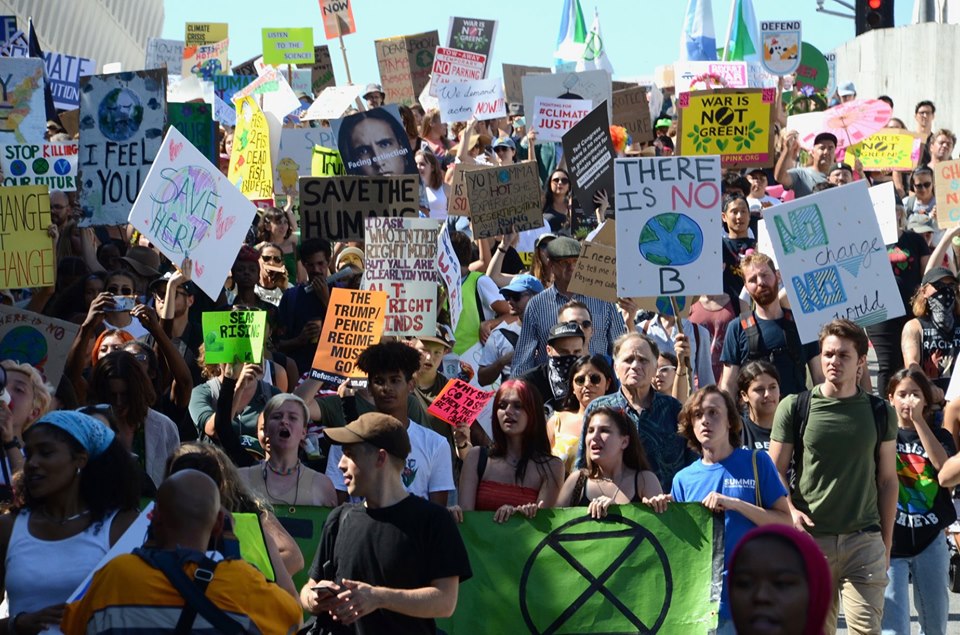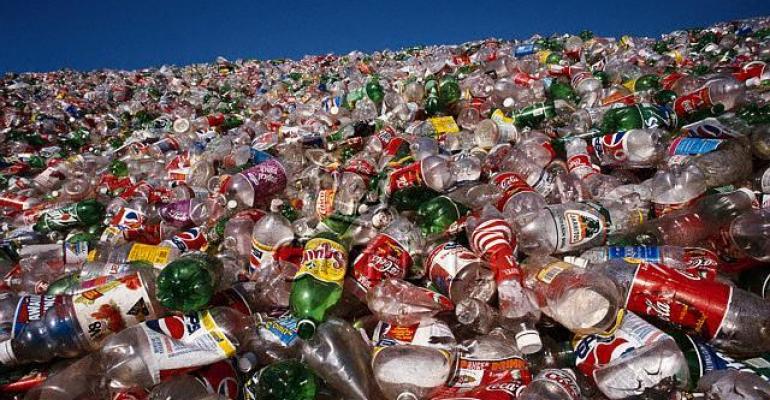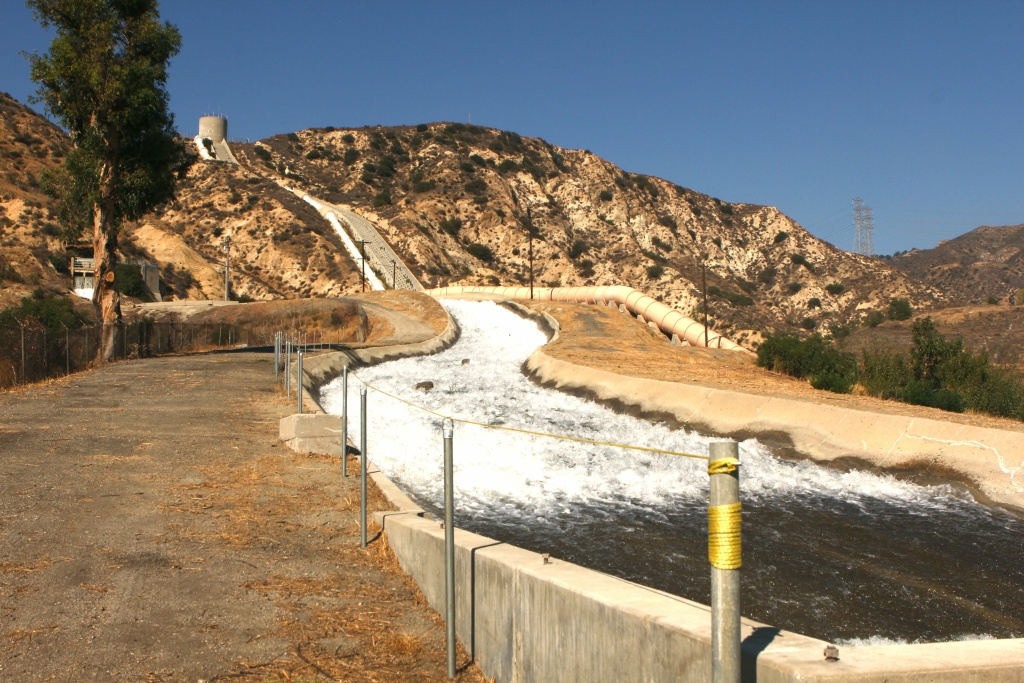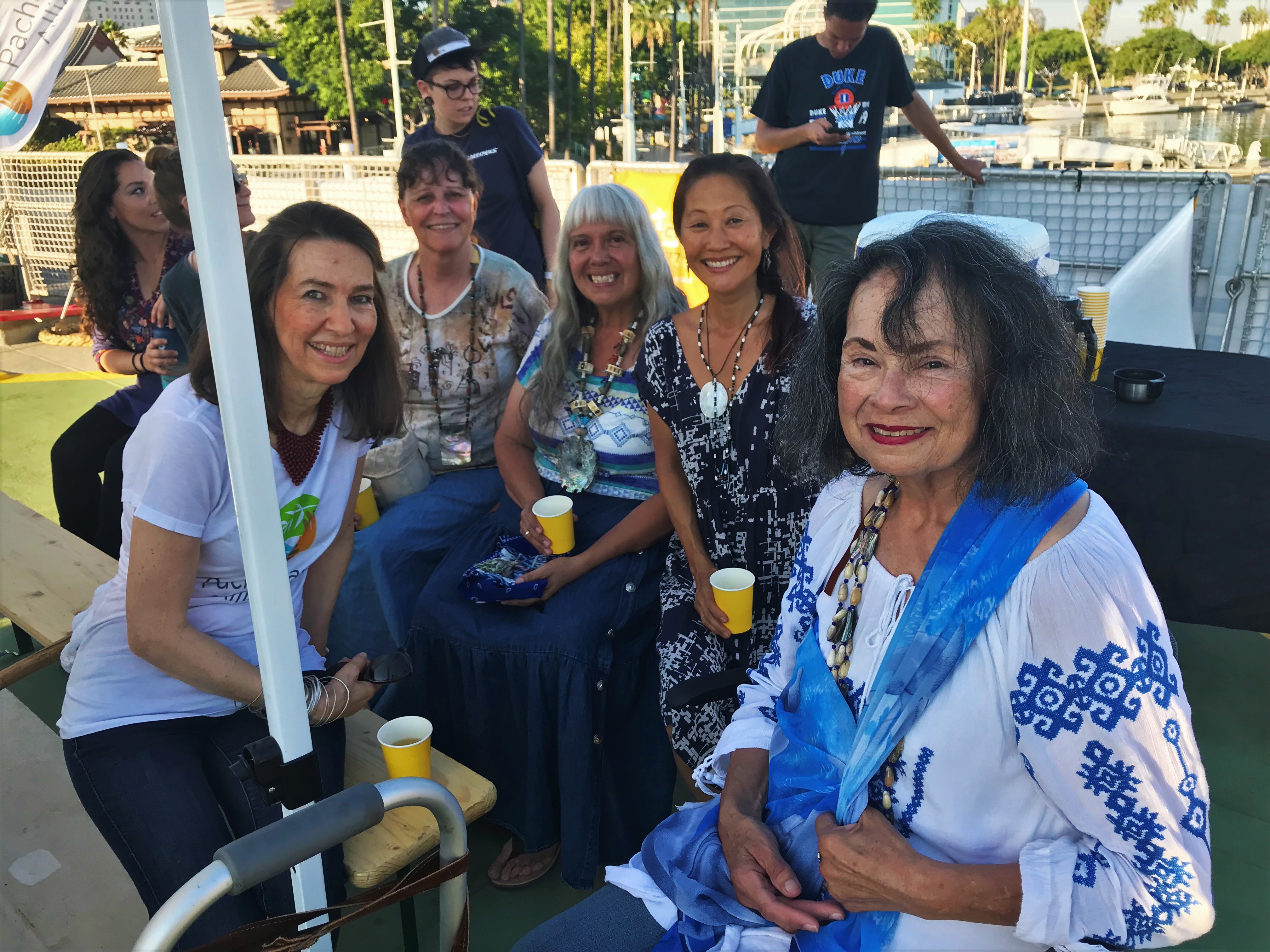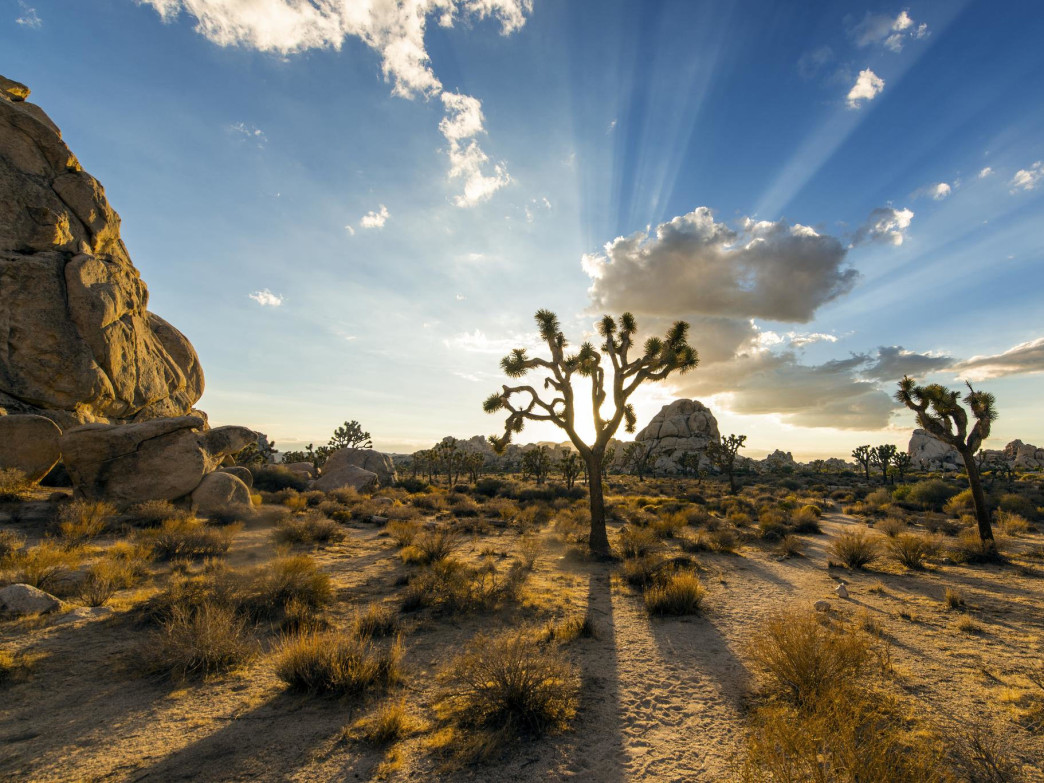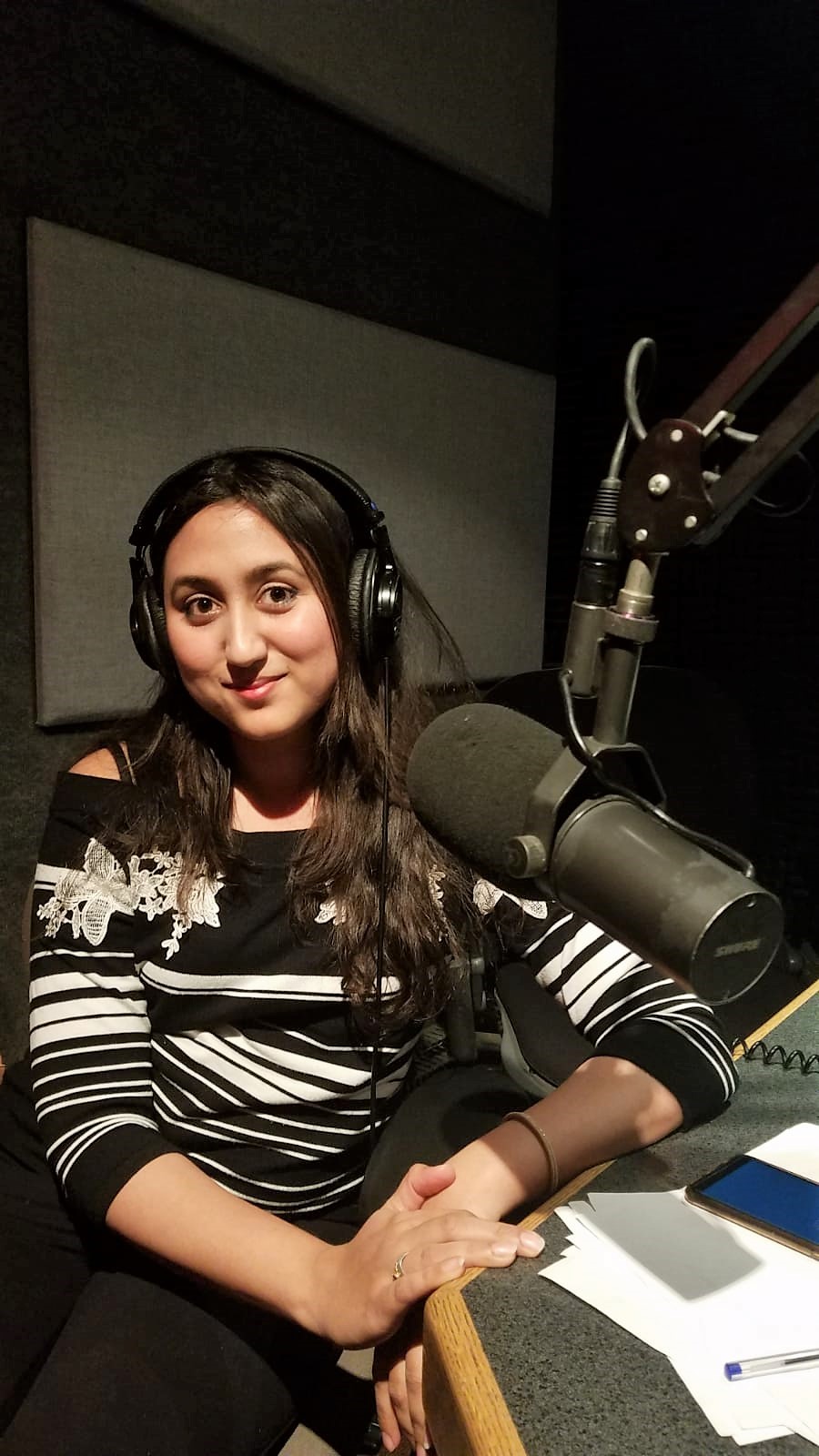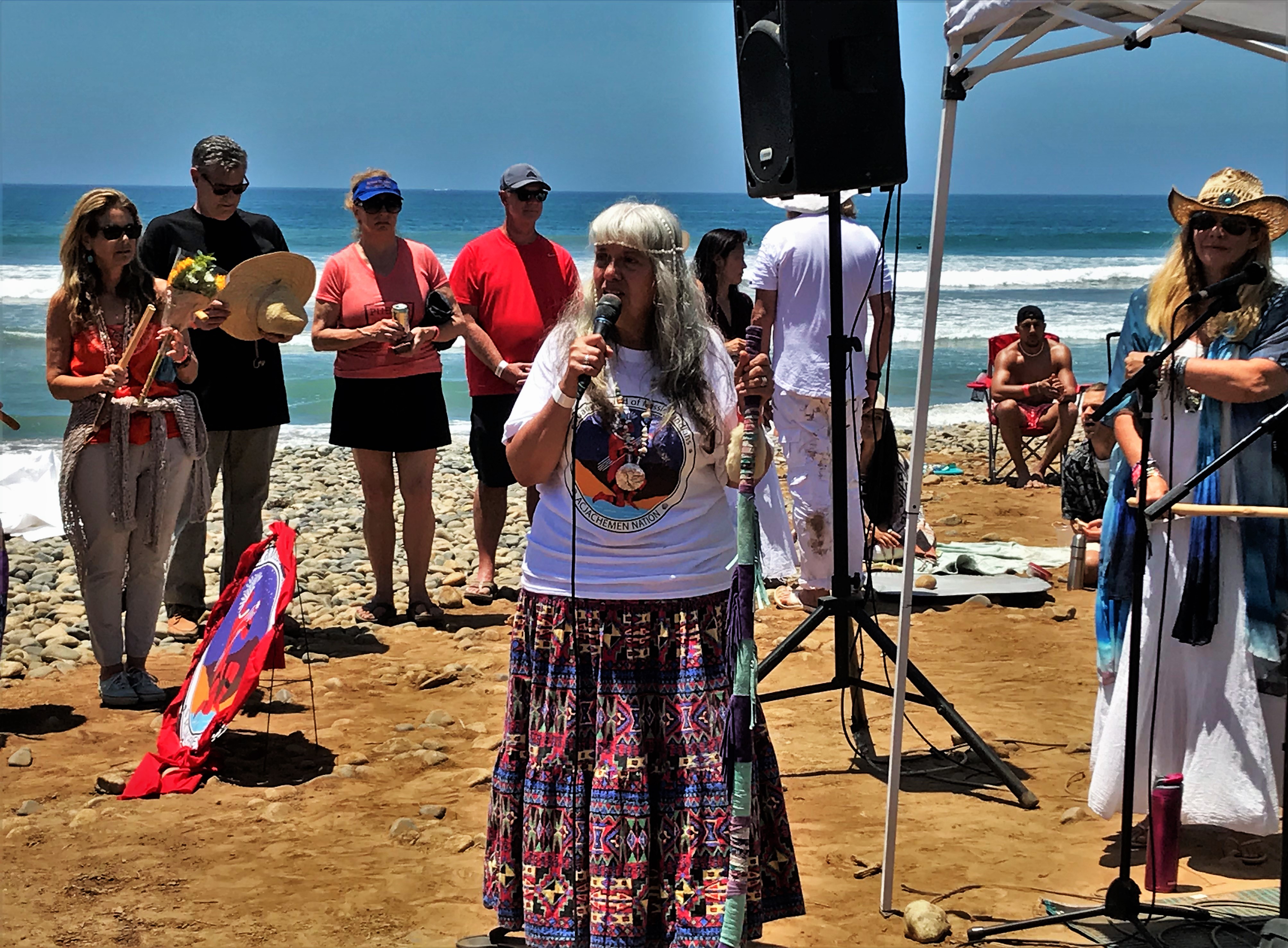The September 20th Los Angeles Youth Climate Strike was organized by a coalition of groups and led by Youth Climate Strike Los Angeles. EcoJustice Radio’s Jessica Aldridge and production team joined the action at Downtown LA’s Pershing Square, where anywhere from 10-20,000 people gathered for speeches and music, and then all marched through the streets to City Hall. This caused absolute pandemonium on the crowded city streets, but all happened peacefully and with grace from all involved.
EcoJustice Radio
Bottles And Cans Recycling: A Social Contract In Peril
Susan V. Collins, President of Container Recycling Institute, speaks with host Jessica Aldridge about how California underwent a recent wave of redemption center closures (those places where consumers can drop off their recyclable beverage containers for cash). So what needs to happen to fix the California bottle bill?
Shaping our Water Future: Through Water Quality, Equity & Nature Based Solutions
Los Angeles currently imports a whopping 70% of their water. And getting it to LA is the largest use of electricity in the state of CA. When water is not captured and utilized within the system, it traverses through the city and out to the ocean. In order to shape a strong water future, we must manage the flow in way that ensures high quality, social equity, and solutions based in nature.
Sustaining the Legacy of the Tongva: Before and After “Los Angeles”
Grandmother Gloria Arellanes speaks on the heritage of the Tongva people, who inhabited and stewarded the area referred to as the “Los Angeles Basin” as well as the Southern Channel Islands. Grandmother Gloria offers her insights about the state of our world, youth, elderhood and the intergenerational cycle of learning, as well as how we might honor proper protocols, First Nations and all that is Sacred, amidst the backdrop of increasing urbanity, and the numerous perils now facing our environment.
Preserving the Wild in the Anthropocene Era – EcoJustice Radio
Hear from David Lamfrom, Director of California Desert and National Wildlife programs at the National Parks Conservation Association, who discusses with EcoJustice Radio the particular challenges of protecting and preserving our national parks in the Anthropocene era, including this current stage of global industrialization.
Pakistan: Connecting Climate Change, Women Empowerment, and Art
Ayla Sohail, Climate Change and Livelihood Project Coordinator at PODA, Potohar Organization of development and advocacy in Pakistan, speaks with Jessica Aldridge from EcoJustice Radio on how climate change, women’s empowerment, and art activism come together in her home country.
Earth-Honoring Traditions of the Acjachemen with Spiritual Leader Adelia Sandoval
Carry Kim talks with Rev. Adelia Sandoval, the Spiritual Leader for the Juaneño Band of Mission Indians/Acjachemen Nation. The Acjachemen people are the indigenous people of Orange County in Southern California and have stewarded and inhabited this region for roughly 12,000 years.

